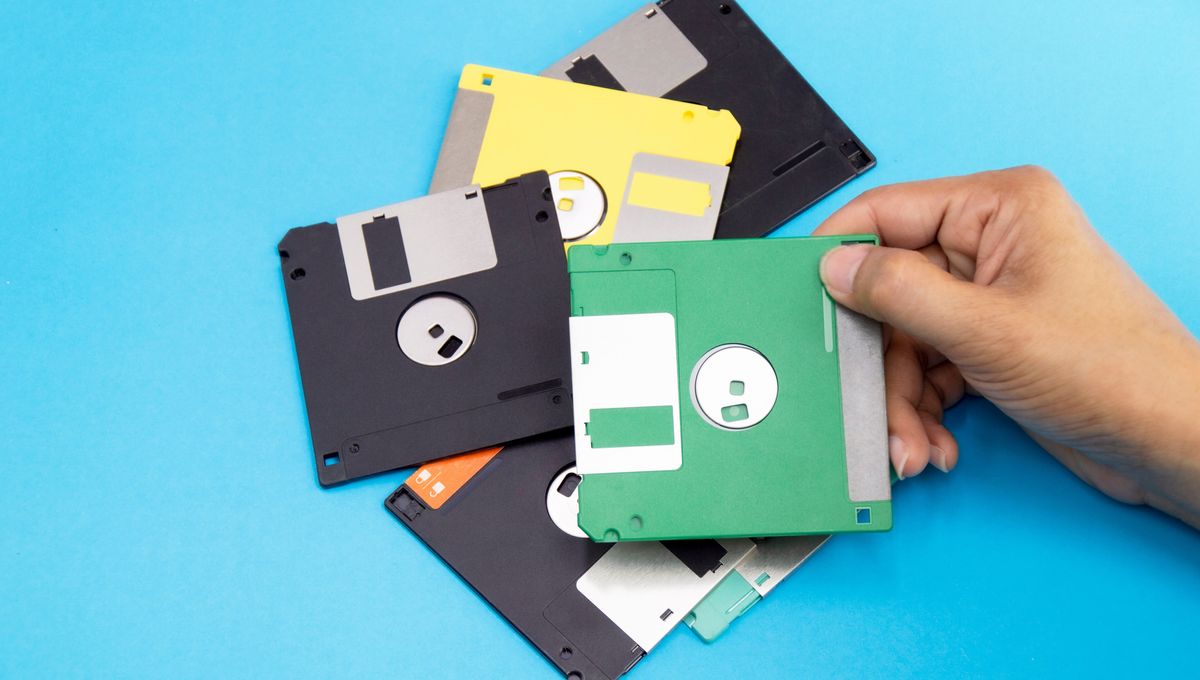
Up until last month, Japan had 1,035 regulations that involved the use of floppy disks, storage devices that can only fit a couple of megabytes of data at best. The Japanese government has finally got rid of them – now there is only one regulation that uses them, concerning vehicle recycling.
Spearheading this initiative is the Digital Minister Taro Kono. During the first year of the COVID-19 pandemic, it became clear that reliance on paper filling and outdated technology was a hindrance to the rollout of contact tracing apps and digital identification. The Digital Agency was set up in 2021 to push antiquated technology out of government, such as fax machines and floppy disks.
“We have won the war on floppy disks on June 28!” Kono told Reuters in a statement on Wednesday.
The last producer of floppy disks, Sony, stopped manufacturing them in 2011. It is high time that the reliance on this tech was taken seriously in Japan – but the country is not alone in reliance on old tech. Public organizations, governments, universities, and scientific experiments often rely on established tech in their system, even when the rest of the world has moved on.
Many universities have stories of expensive experiments running on operating systems that have not seen an update in a decade. But if we want to stick to floppy disks, there are two big examples to mention beyond Japan. British Airways’ Boeing 747-400 fleet used floppy disks for its avionics software all the way to their retirement in 2020. Also, the US military stopped using floppy disks to control its nuclear weapons only in 2019.
It is believed that the sales of the device will continue for several more years, despite it being abandoned almost everywhere. And even when long forgotten, it will remain as the symbol of the save button. That makes it a virtual “skeuomorph” – something retaining the ornamental value of a physical object that is no longer in use.
Source Link: Japanese Government Declares Victory In “War Against Floppy Disks”